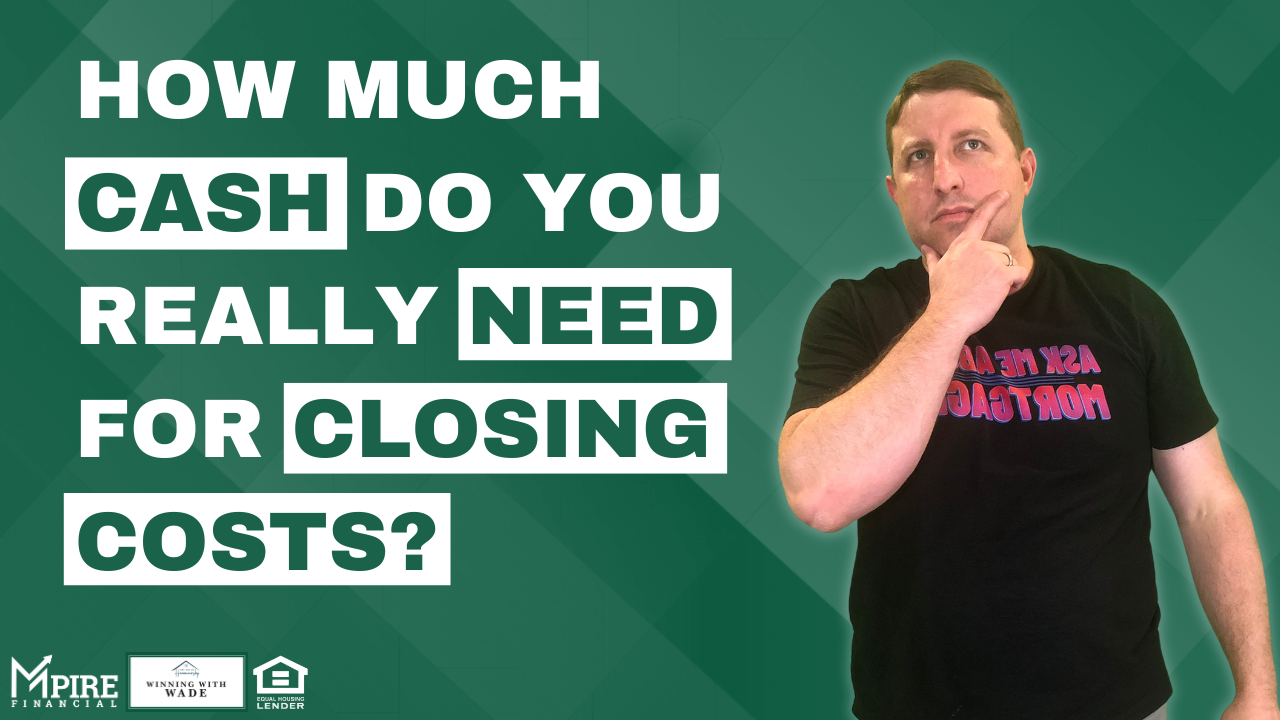Toxic home hazards are the last thing you're probably thinking about when beginning on the…
Credit Issues That Can Delay Homeownership
Credit issues in the past, such as foreclosure, bankruptcy, or short sale, might leave you wondering if you can ever buy a home again.
The good news? Homeownership is still possible! This guide breaks down everything you need to know, covering various loan types, their waiting periods, and tips on positioning yourself for success. Let’s dive in to see what you can do to regain control and qualify for a mortgage!
Understanding Loan Types and Their Requirements
Each loan type has unique requirements and waiting periods after credit issues. Knowing what these are can help you plan your next steps:
1. Conventional Loans
Conventional loans, offered by banks and private lenders, tend to have stricter requirements:
- Mortgage Charge-Off: Generally, a four-year wait. If you had extenuating circumstances (like a severe illness or job loss), this could be reduced to two years.
- Deed in Lieu of Foreclosure: Wait four years, but with extenuating circumstances, you might qualify in two years.
- Foreclosure: This requires the longest waiting period, typically seven years without extenuating circumstances, but it can be reduced to three years if you qualify.
- Bankruptcy (Chapter 7): A four-year wait, potentially two with valid extenuating circumstances.
- Bankruptcy (Chapter 13): A wait time of two to four years after discharge. If dismissed, you may qualify after 12 months of on-time payments with court approval.
Tips to Strengthen Your Application for Conventional Loans:
- Rebuild credit by paying bills on time.
- Avoid new debt and keep credit card balances low.
- Save for a significant down payment, which can improve your approval chances.
2. FHA Loans
FHA loans, backed by the Federal Housing Administration, have more lenient requirements for borrowers with past credit issues:
- Mortgage Charge-Off: No waiting period.
- Deed in Lieu of Foreclosure: Three-year wait, reduced to one year with extenuating circumstances.
- Foreclosure: A three-year wait, with the possibility of a reduction to one year.
- Bankruptcy (Chapter 7): Typically two years after discharge, but this can be reduced to one year with valid extenuating circumstances.
- Bankruptcy (Chapter 13): Potential approval after 12 months of on-time payments with court approval.
How to Prepare for FHA Loans:
- Focus on maintaining a steady income and stable employment history.
- Build an emergency fund to show financial stability.
- Keep your debt-to-income ratio low, and make timely payments on all accounts.
3. VA Loans
For veterans and active-duty service members, VA loans, backed by the Department of Veteran Affairs, offer leniency on credit issues:
- Mortgage Charge-Off: No waiting period.
- Deed in Lieu of Foreclosure: Generally a two-year wait, but this can be reduced to one year with extenuating circumstances.
- Foreclosure: Typically requires a two-year wait, reduced to one with extenuating circumstances.
- Bankruptcy (Chapter 7): Two years post-discharge, but one year with extenuating circumstances.
- Bankruptcy (Chapter 13): Approval possible after 12 months of timely payments with court permission.
Tips for Strengthening Your VA Loan Application:
- Although no waiting period is necessary for charge-offs, take time to improve your credit score.
- Ensure a stable income and be prepared to show financial stability.
4. USDA Loans
USDA loans are government-backed and target buyers in rural areas. They also offer favorable terms for those with past credit issues:
- Charge-Off: A 36-month waiting period.
- Deed in Lieu of Foreclosure: Wait 36 months before reapplying.
- Foreclosure: A 36-month waiting period is standard.
- Bankruptcy (Chapter 7 and Chapter 13): Generally requires a 36-month wait after discharge.
- Short Sale: A 36-month waiting period applies here too.
Preparing for USDA Loans:
- Focus on debt repayment and establishing a stable payment history.
- Save for a down payment, even though USDA loans don’t necessarily require one.
Understanding Extenuating Circumstances
Lenders recognize that life events can sometimes impact your finances beyond your control. These extenuating circumstances can potentially reduce waiting periods, making homeownership achievable sooner. Examples include:
- Medical Emergencies: Significant healthcare expenses or time off work.
- Job Loss: Unexpected job loss in a struggling industry.
- Loss of a Wage Earner: The death of a primary wage earner.
- Divorce: Financial strain following divorce proceedings.
Steps to Prepare for Homeownership After Credit Issues
To improve your chances of securing a mortgage, use your waiting period wisely by taking proactive steps:
- Rebuild Your Credit Score
- Make all payments on time, from credit cards to utility bills.
- Limit new credit applications to avoid unnecessary hard inquiries.
- Consider working with a financial advisor or credit counselor to manage debt and plan your credit improvement journey.
- Save for a Down Payment
- A larger down payment signals financial stability and improves your loan eligibility.
- Aim to save at least 10-20% for a conventional loan, though FHA and VA loans may require less.
- Document Your Financial Recovery
- Keep records of all payments, income stability, and any events that contributed to credit issues.
- Proof of financial recovery is essential, especially if claiming extenuating circumstances.
- Reduce Your Debt-to-Income Ratio
- Pay down existing debts to lower your debt-to-income ratio, as lenders use this metric to gauge your ability to repay the loan.
- Avoid taking on new loans or large debts to maintain a healthy ratio.
- Stabilize Your Employment History
- A stable job and consistent income reassure lenders of your ability to handle monthly mortgage payments.
- Aim for at least two years with your current employer or in your field of work.
Moving Toward Homeownership
Despite credit issues in the past, buying a home is achievable. By understanding the requirements for each loan type and using waiting periods to rebuild credit and save, you can position yourself as a strong mortgage candidate. Remember, each situation is unique, and reaching out to a mortgage professional can offer guidance tailored to your circumstances.
If you’re ready to make a plan or want more personalized advice on the best steps forward, don’t hesitate to reach out. With the right approach, you can turn your goal of homeownership into a reality.




